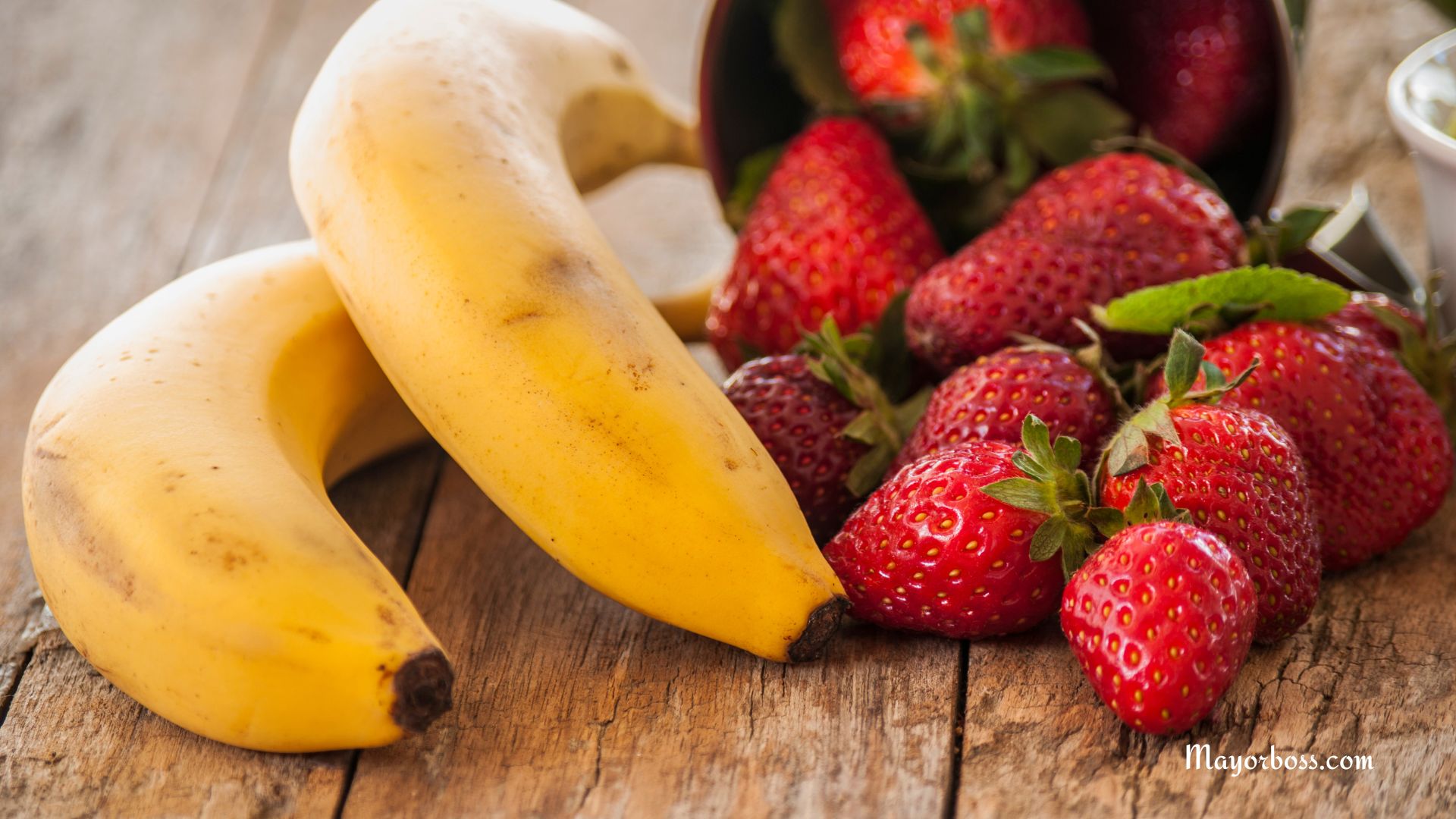5 Foods to Lower Blood Pressure Naturally
Did you know that nearly half of adults have high blood pressure, often without even knowing it? (Source: World Health Organization) High blood pressure, also called hypertension, can be very dangerous if it isn’t controlled, leading to serious health problems like heart disease and stroke. The good news is that some natural foods can help lower your blood pressure. Keep reading to find out the best five foods that can help keep your blood pressure under control.

Leafy Greens Are Great for Lowering Blood Pressure
Leafy greens like spinach, kale, and Swiss chard are effective in helping to lower high blood pressure. They are rich in potassium, which helps your body get rid of extra sodium. Sodium is one of the main factors that raise blood pressure, while potassium helps counteract it. Potassium relaxes your blood vessels and helps your body remove excess sodium through urine. The more potassium-rich greens you eat, the more you can help your body manage blood pressure levels.
Leafy greens can be added to salads, smoothies, or soups. They taste great and are easy to add to almost any meal.
Berries Contain Nutrients That Help Lower Blood Pressure
Research suggests that berries like blueberries, strawberries, and raspberries can also help lower blood pressure. They contain anthocyanins, which are compounds that act like antioxidants. These compounds help relax blood vessels, improving blood flow and ultimately lowering blood pressure.
A study published in the International Journal of Molecular Sciences, which involved over 5538 participants, found that people who ate berries regularly had lower blood pressure compared to those who didn’t. Try adding a cup of mixed berries to your breakfast or eating them as a snack to enjoy these benefits.
Bananas Are Excellent for Regulating Blood Pressure
Bananas are well-known for supporting heart health, especially with blood pressure control. They are rich in potassium, just like leafy greens. Potassium helps balance the sodium in your body, which is a major factor that can raise blood pressure. This makes bananas an excellent choice for people who want to lower their blood pressure naturally.
Bananas are easy to find, affordable, and a simple way to get more potassium in your diet. You can add them to your cereal, eat them as a snack, or blend them into a smoothie.
Oats Help Manage Blood Pressure and Heart Health
A review of the medical literature on oats points out that it is good for lowering blood pressure, supporting heart health, and improving digestion. Oats contain a type of fiber called beta-glucan, which can lower cholesterol and blood pressure. Beta-glucan works by forming a gel-like substance in your digestive system, which helps reduce the absorption of cholesterol and supports heart health. This fiber also makes blood vessels more flexible, which helps blood flow better and puts less strain on the heart.
Having a bowl of oatmeal in the morning, topped with fresh berries, can be a great way to start your day. It tastes good and can help keep your blood pressure in a healthy range.
Garlic Is Effective for Lowering Blood Pressure
Garlic has long been used as a natural remedy for various health issues, and today’s science supports its use for lowering blood pressure. Garlic contains a compound called allicin that helps relax blood vessels and improve blood flow. To get the most allicin, chopped or crushed garlic should be sat for a few minutes before cooking. This will help maximize its benefits for lowering blood pressure.
Studies show that eating fresh garlic may have effects similar to those of some blood pressure medicines. You can easily add garlic to your diet by mincing it into dressings, mixing it into soups, or roasting it to bring out a sweeter flavor.
Final Thoughts on Foods to Lower Blood Pressure Naturally
These five foods—leafy greens, berries, bananas, oats, and garlic—are essential additions to your daily meals if you want to lower your blood pressure naturally. They are healthy, easy to find, and taste great in a variety of dishes.
In addition to eating these foods, it’s also important to exercise, manage stress, and avoid too much salt. Small, consistent changes can lead to big improvements in your health over time. And remember, it’s always best to talk to your doctor before making major changes to your diet, especially if you have high blood pressure.
